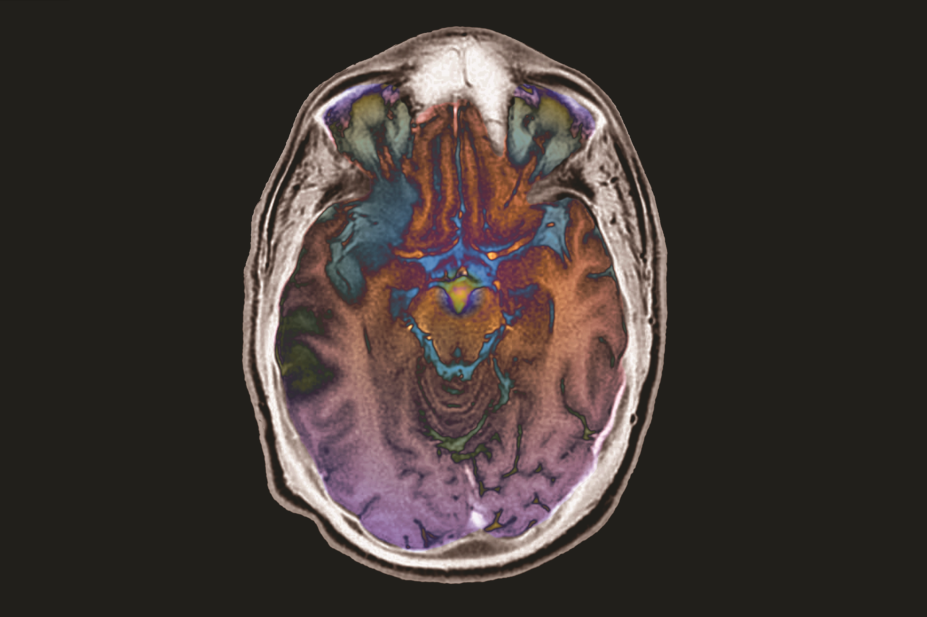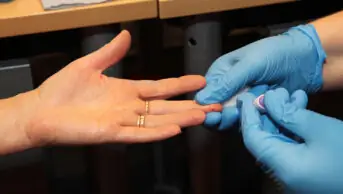
Science Photo Library
Clinical pharmacists have helped reduce the number of strokes by 22% following an atrial fibrillation (AF) pilot in Tameside and Glossop.
With the average cost of a stroke per person estimated at £45,409 in the first year, plus an additional £24,778 in subsequent years, the pharmacist-led AF screening service at Tameside and Glossop is expected to save £1.5m a year for the clinical commissioning group (CCG) and up to £5.2m annually when other socioeconomic factors are considered.
Clinical pharmacists were commissioned by Tameside and Glossop CCG to review its AF patients after it discovered the rate of AF was significantly higher than the national average.
The scheme aimed to reduce the number of AF-related strokes through early diagnosis, optimisation of anticoagulation medicines and the improvement of the management of patients with the condition who were not being treated.
Pharmacists screened and assessed 4,500 patients during the eight-month pilot, which resulted in the area’s projected annual incidence of stroke to decrease from 76.8% to 67.0%.
There was also a 22% reduction in the number of people admitted to hospital with stroke in the three months after the scheme finished compared to the previous year, with pharmacists calculating that the model could prevent 114 strokes per year.
Jack Birchall, service development lead at Interface Clinical Services, which delivered the programme, said the team of pharmacists not only ensured patients “were receiving optimal therapy to reduce the risk of stroke, reviewing vitamin K antagonists or direct oral anticoagulants usage, but also talked directly to patients about the risk and symptoms of stroke or transient ischemic attack (TIA)”.
“Many people with AF are not aware that they are five times more likely to suffer a stroke or TIA due to the formation of blood clots which can block arteries to the brain,” he continued.
The Tameside and Glossop scheme comes as a further pilot has been launched across ten community pharmacies in Knowsley, Merseyside from January 2020.
The Pharmaceutical Services Negotiating Committee has said the pharmacies will each have a MyDiagnostick mobile electrocardiogram (ECG) and a Kardia device to record a patient’s heart rhythm.
Patients will be directed to the ECG before discussing their results with a pharmacist. If patients are found to have a positive result, they will then be signposted to their GP for further investigation.
The Knowsley pilot is being supported by the Academic Health Science Network (AHSN) for the North West Coast and funded through a medical education grant obtained from a BMS–Pfizer Alliance.
The Pharmaceutical Journal has asked the AHSN for details on how much pharmacists are being paid to offer the service.
In May 2019, NHS England recruited specialist pharmacists across 23 areas in England to identify patients with AF at risk of stroke and who could benefit from anticoagulant medication.
The £9m programme followed the success of a South London pilot project where pharmacists working in virtual clinics assessed patients with AF at risk of stroke. There was a 25% reduction in people with AF-related stroke in Lambeth and Southwark following the pilot.
The Pharmaceutical Journal has approached Halton, St Helens and Knowsley Local Pharmaceutical Committee for comment.


